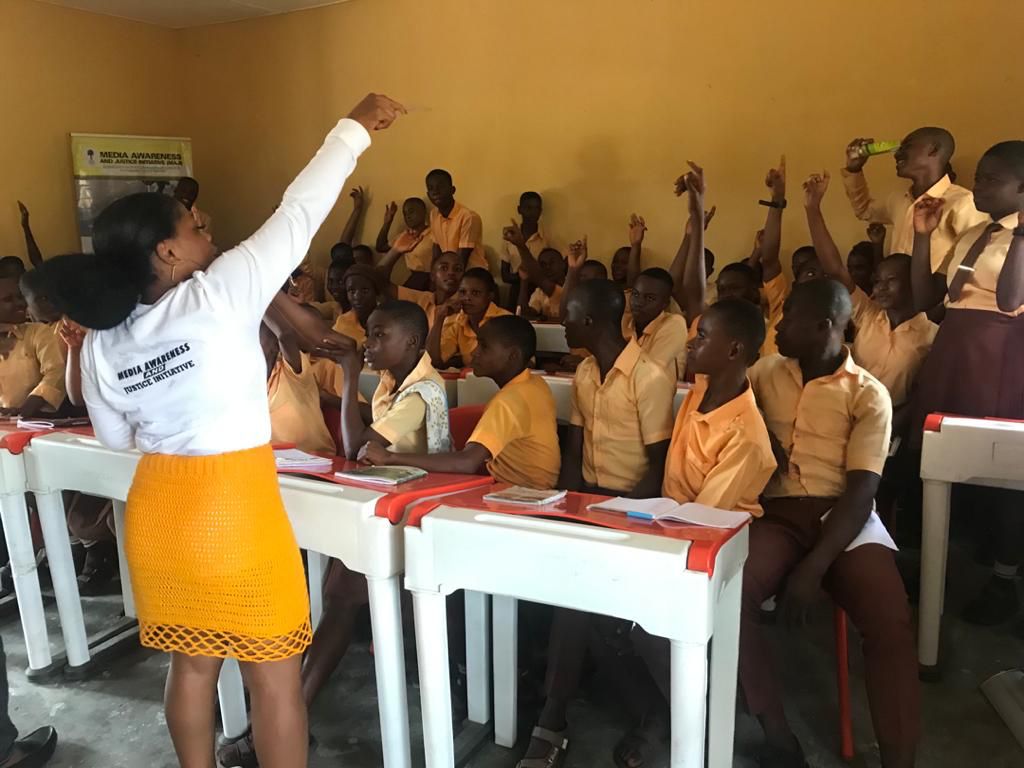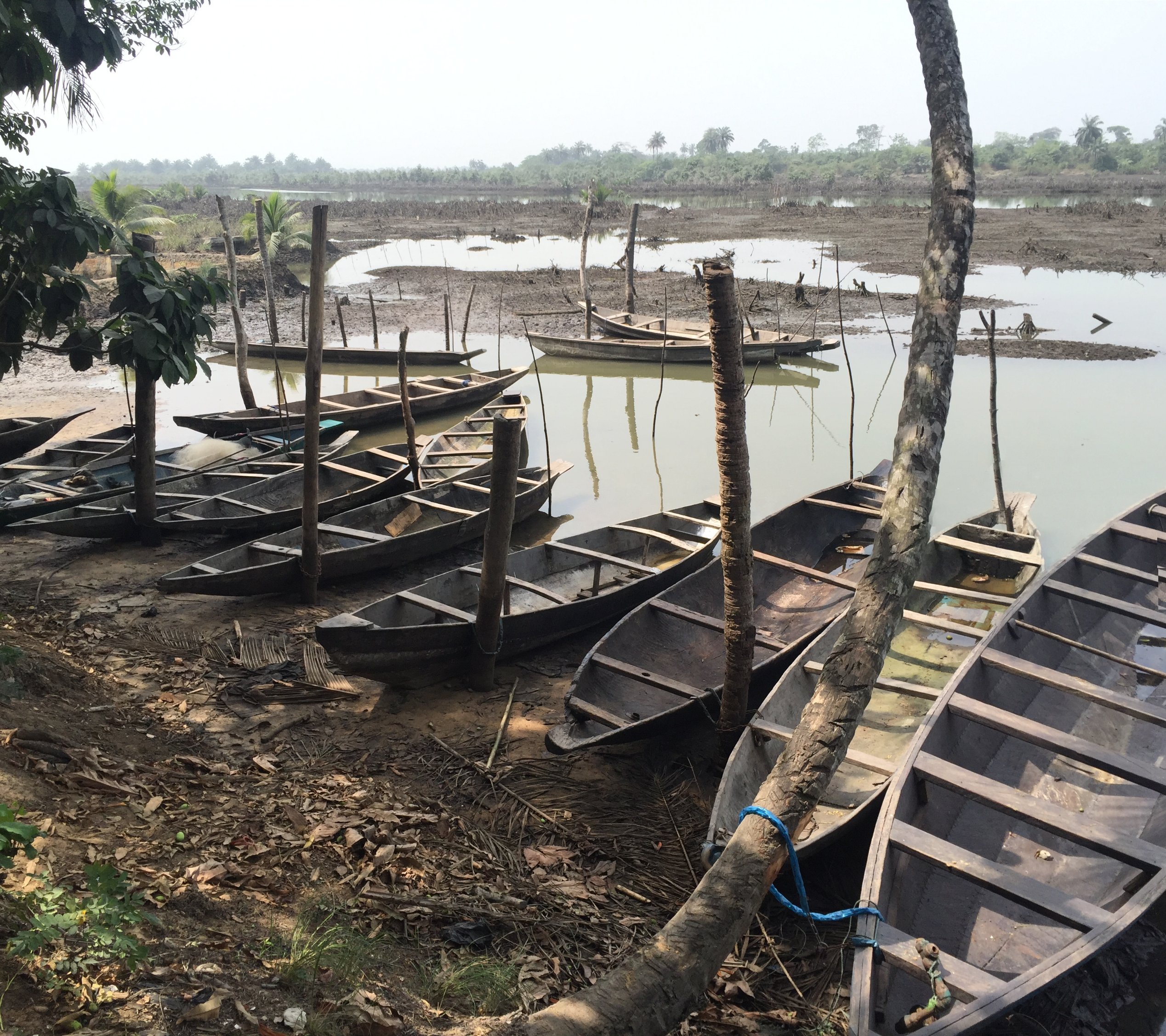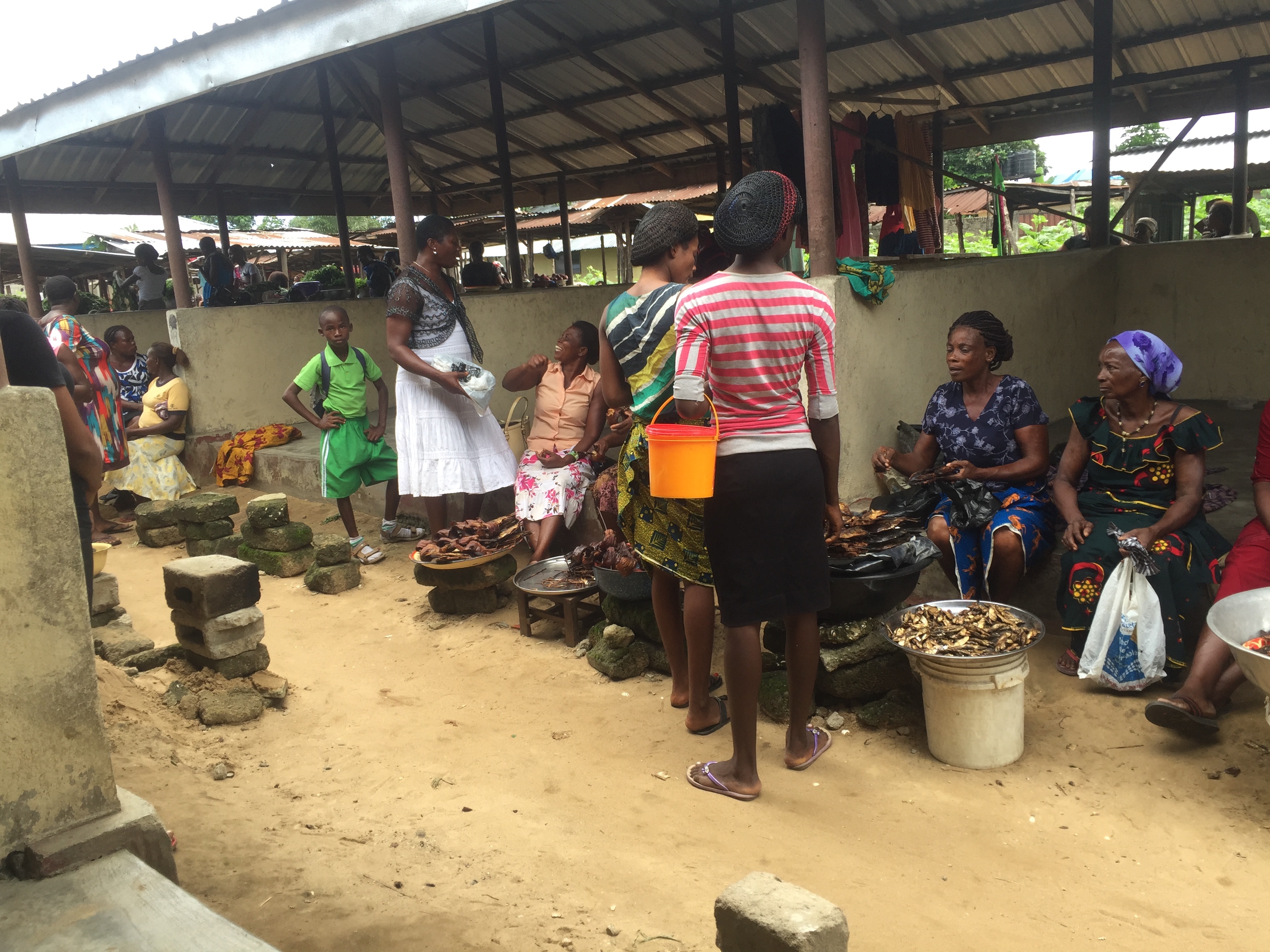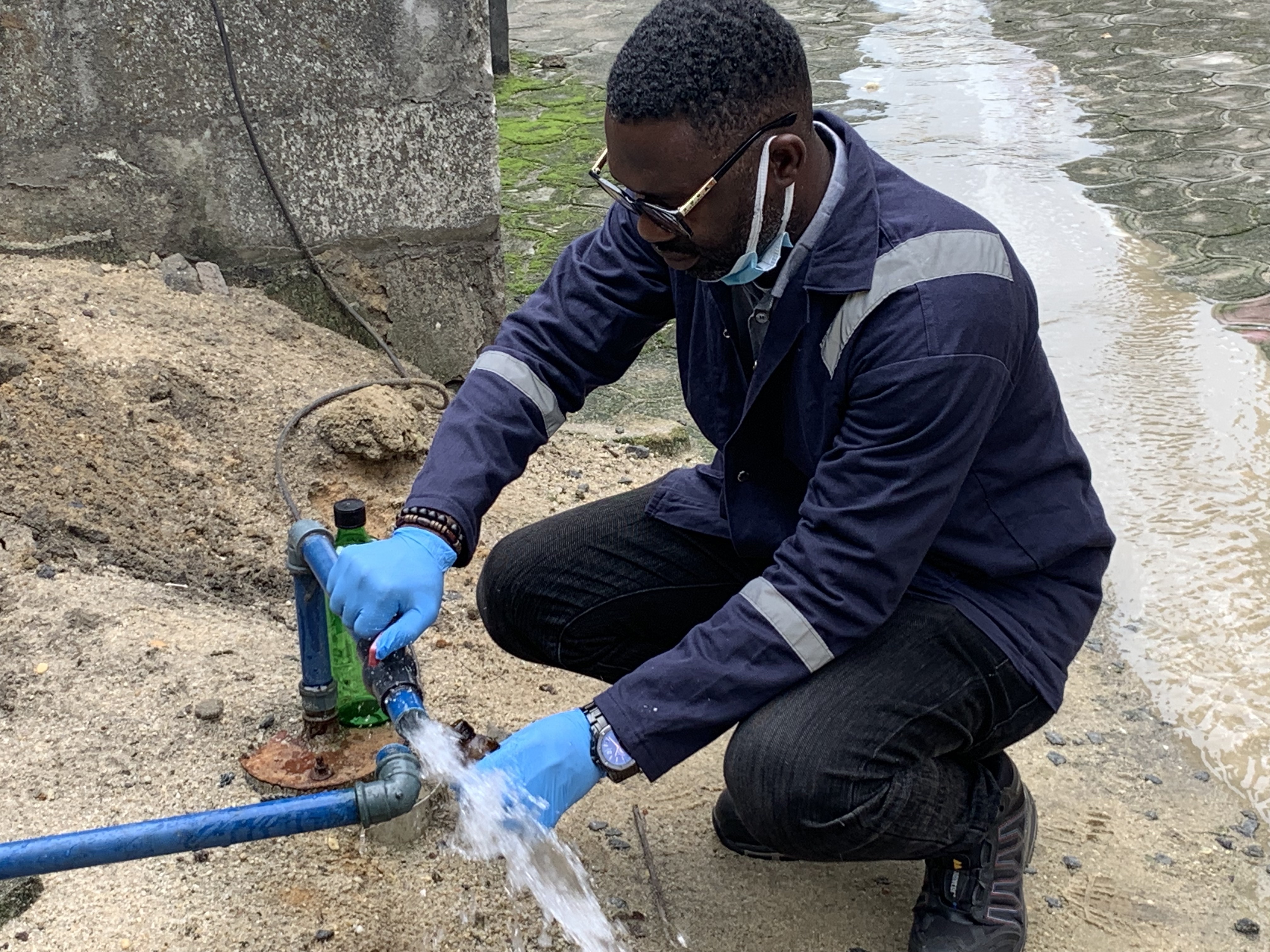


About Us
Who We Are
Registered under the Corporate Affairs Commission of Nigeria (CAC) with registration number (CAC/IT/NO 109270), The Media Awareness and Justice Initiative (MAJI), is a culmination of several years of disparate participatory trainings and capacity building for young people, stakeholders and marginalized communities across Nigeria.
Using "human centered" methodologies and technologies, we democratize information, increase awareness, build capacity and works towards providing sustainable development. By the adoption of human centered methodologies, we are referring to a vertical process that supports the sustained interaction between marginalized groups, local communities, and government with a view to sustainably impacting them.
We focus on the following thematic areas, Human, Gender and Environment Rights, Inclusive Governance, Youth Development, and Community Health. Clearly, independent community initiatives are crucial tools for sustainable development of marginalized groups and vulnerable people living in poor communities around the world.
Where We Work

The Organization is an independent media initiative that supports independent media projects, development of innovative ICT technologies for community use, promotes participatory citizen journalism initiatives to increase transparency and accountability. We also work in areas with unbalanced news outlets, supports individuals and groups to produce media in various accessible forms on relevant issues and topics that fit in with our priorities and ongoing campaigns. We also work with local groups providing support for strategy planning and media production.

History and Background

The Media Awareness and Justice Initiative was initiated as a youth oriented project that sought to bring much needed capacity building and tranings to young people and marginalised groups across the Niger Delta.
Our focus then, was to increase community voice on environmental and human right protection, social impact and youth developement. Our model was to use build capacity and community engagement to positively influence key stakeholders and policy maker decisions. By "Influencing stakeholders" we are referring to a vertical process that supports the development of projects, initiatives and people oriented engagements with the potential of influencing policy in the ways we cannot.
This process is a crucial component that supports community voices, using national and international platforms to share real life situations and outlining potential solutions
However, for true transformation to take place, it is necessary to supplement vertically-oriented attempts to influence outside decision makers by broadening and strengthening base organizations and communities to represent themselves, mobilize support, and hold local government accountable.
Our Methodology

Clearly, independent, community created initiatives and media is a crucial tool for rural and urban development. It helps a historically marginalized group represent itself on its own terms, which allows a fuller story to be made public.
Furthermore, the practice of making participatory initiatives and media, rooted in popular education pedagogy, bonds people together in a horizontal and democratic way. Beyond the developmental value to the individual, participatory initiatives and media allows communities facing similar situations to speak to one another, share resources and tactics, and develop a common strategy for social change.
The Media Awareness and Justice Initiative is designed around what we consider to be the characteristics of a successful participatory media initiative:
01
An established, ongoing dialogue with participants all along the process of conceiving, planning, implementing and evaluating the project.
02
A rootedness in the community's daily life.
03
A respect for cultural identity. The community should assimilate any new tools of information technology without jeopardizing local values (or language).
04
A contribution to the strengthening of democratic values and culture thus reinforcing community-based organizations and social movements by allowing the majority to have their voice heard.

The Media Awareness and Justice Initiative (MAJI) is a Nigerian organization committed to empowering marginalized communities through participatory media and advocacy. They focus on Human, Gender, and Environmental Rights, Inclusive Governance, Youth Development, and Community Health, supporting independent media projects and citizen journalism. MAJI's approach emphasizes ongoing dialogue, community engagement, and democratic values for sustainable social change.
Thematic Areas